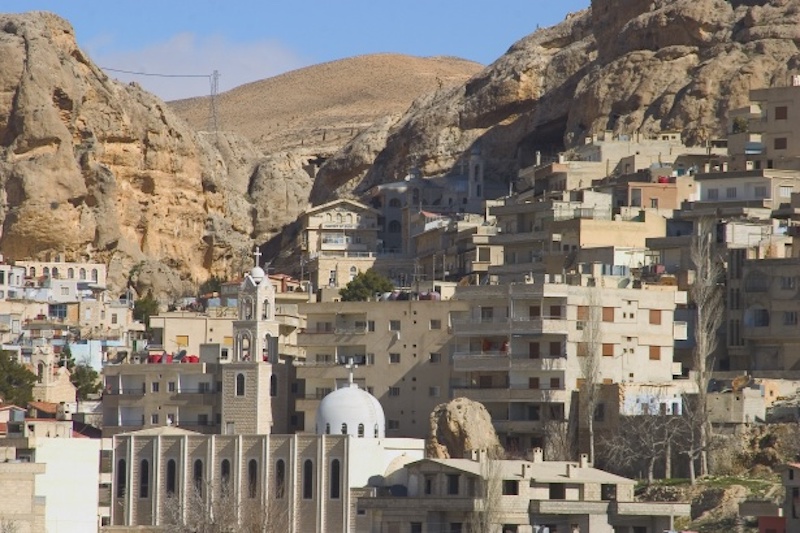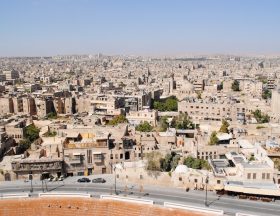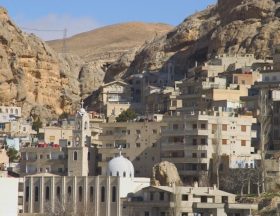Six months after the fall of the Baathist regime, and with some international sanctions lifted at the end of May 2025, the stakes associated with reopening Syria are significant. If the political and security situation were to stabilize sustainably, Jordan could seize the opportunity for an economic recovery and position itself for the country's reconstruction.
Syria represents a new commercial horizon.
While bilateral trade between Jordan and Syria exceeded USD 600 million in 2010, it peaked at only USD 146 million after thirteen years of war. Trade has gradually resumed since December 2024, and during the first quarter of 2025, Jordanian exports to Syria (cement, fruits, vegetables, industrial equipment, etc.) increased by +453% year-on-year (y-o-y) to reach USD 101 million.
Although they represent only 2.6% of Jordan’s national exports to date, the increase reflects the significant potential for the Kingdom’s exports to Syria.
Jordan is positioning itself in the reconstruction market.
In spring 2025, Jordan and Qatar joined forces to deliver 2 million cubic meters of natural gas daily to Syria for 50 days via the Arab Gas Pipeline crossing the Kingdom. The initiative ended on April 30 but is expected to be revived soon, according to Jordan’s state-owned electricity operator NEPCO.
In early 2025, the Kingdom also offered to supply Syria with 250 MW of electricity, but the deal fell through due to the destruction of Syria’s electricity infrastructure. The recent financial mobilization of USD 146 million from the World Bank to restore the grid could enable the delivery of electricity to Syria within a year, which would represent a significant opportunity for NEPCO.
Cooperation is being strengthened in several sectors.
The authorities of both countries have agreed to facilitate bilateral trade and create joint sector councils for the textile, chemical, agri-food, and construction industries. Furthermore, the new Syrian government has expressed its commitment to strengthened cooperation for more equitable and sustainable management of water resources.
The refugee issue remains sensitive. By the end of June 2025, the UNHCR estimated that 100,000 of the 600,000 Syrian refugees registered in Jordan would have returned to Syria. The main identified obstacles to departure remain (i) the uncertain security situation, (ii) the high cost of travel, and (iii) debts incurred in Jordan.
The already observed decline in international aid, which Jordan has so far received to host refugees, could, in a context of budgetary tightening, have negative consequences both for the refugees who remain and for the Jordanian host communities.
Source: French Embassy in Jordan










Réagissez à cet article